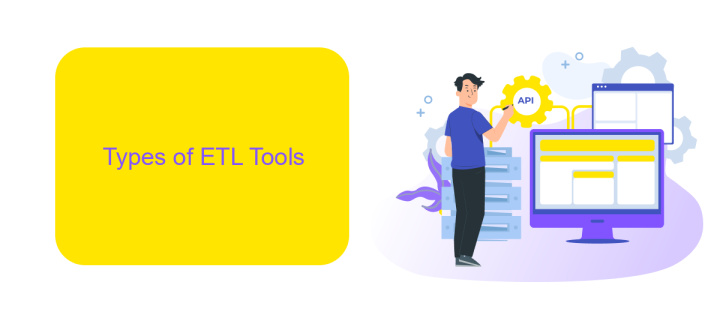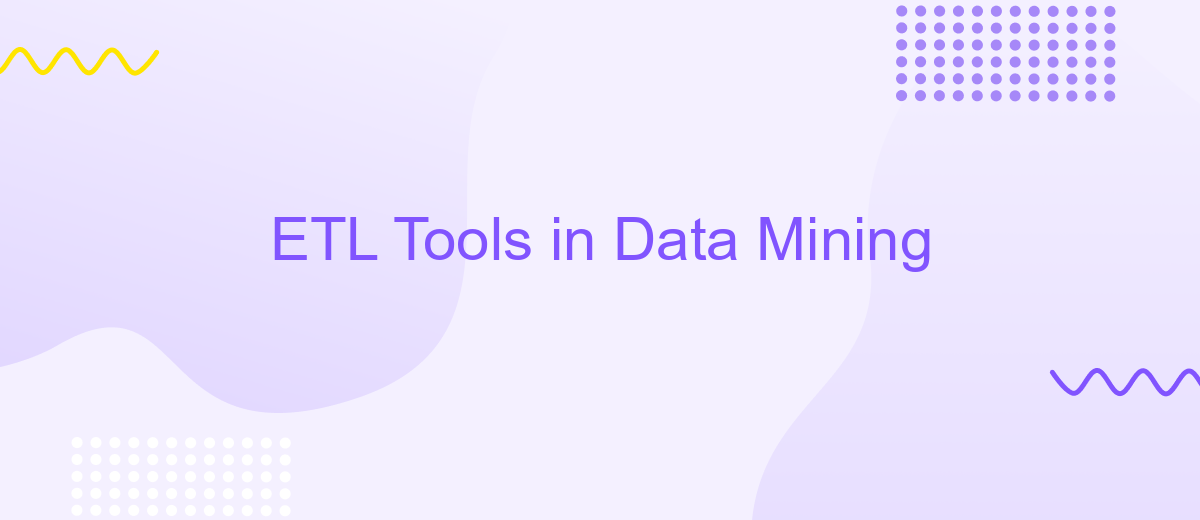ETL Tools in Data Mining
ETL (Extract, Transform, Load) tools are essential in data mining, serving as the backbone for data integration and analysis. These tools streamline the process of extracting data from various sources, transforming it into a usable format, and loading it into a data warehouse. By automating these steps, ETL tools enable organizations to efficiently manage and analyze large volumes of data.
Introduction
ETL (Extract, Transform, Load) tools are essential in the field of data mining, enabling the efficient processing and analysis of large datasets. These tools automate the extraction of data from various sources, its transformation into a suitable format, and its loading into a data warehouse or other storage systems. This process is crucial for businesses seeking to make data-driven decisions and gain insights from their data.
- Extraction: Gathering data from multiple, often disparate, sources.
- Transformation: Converting data into a consistent format for analysis.
- Loading: Storing the transformed data into a centralized repository.
One of the modern solutions that facilitate seamless data integration is ApiX-Drive. This service allows businesses to automate the data flow between various applications and platforms, ensuring that data is readily available for analysis. By leveraging such tools, companies can streamline their data processes, reduce manual efforts, and enhance the accuracy of their data-driven insights.
Types of ETL Tools

ETL tools can be broadly categorized into several types based on their functionalities and deployment methods. The first category includes traditional ETL tools, which are typically installed on-premises and are used for complex data transformations and large-scale data processing. Examples of these tools include Informatica PowerCenter, IBM DataStage, and Microsoft SQL Server Integration Services (SSIS). These tools offer robust features but often require significant infrastructure and maintenance efforts.
Another category is cloud-based ETL tools, which provide more flexibility and scalability by leveraging cloud infrastructure. These tools, such as Talend Cloud Integration and AWS Glue, enable organizations to process data from various sources without the need for extensive hardware investments. Additionally, there are specialized ETL services like ApiX-Drive, which focus on simplifying the integration process by offering pre-built connectors and an intuitive interface. These services are particularly useful for businesses looking to automate data workflows and streamline their integration processes without extensive technical expertise.
Applications of ETL Tools

ETL tools play a crucial role in data mining by enabling seamless extraction, transformation, and loading of data from various sources into a centralized data warehouse. These tools help organizations streamline their data processes, ensuring data consistency and reliability.
- Data Integration: ETL tools facilitate the integration of data from multiple heterogeneous sources, making it easier to analyze and derive insights.
- Data Cleaning: These tools help in cleaning and transforming raw data into a more usable format, removing inconsistencies and errors.
- Data Loading: ETL tools automate the process of loading transformed data into data warehouses or other storage systems for further analysis.
- Real-time Data Processing: Some ETL tools support real-time data processing, enabling organizations to make timely decisions based on the most current data.
- Automated Workflows: Tools like ApiX-Drive allow for the automation of data workflows, reducing manual intervention and increasing efficiency.
By leveraging ETL tools, businesses can enhance their data management capabilities, leading to more informed decision-making and improved operational efficiency. Services such as ApiX-Drive provide robust solutions for setting up integrations and automating data workflows, further simplifying the data mining process.
Benefits and Challenges of Using ETL Tools

ETL tools play a crucial role in data mining by streamlining the process of extracting, transforming, and loading data from various sources into a unified format. These tools enhance efficiency, reduce manual errors, and ensure data consistency, making them indispensable for data-driven decision-making.
Despite their advantages, ETL tools come with their own set of challenges. They require significant initial setup and configuration, which can be time-consuming and complex. Additionally, maintaining these tools demands ongoing effort to adapt to evolving data sources and business requirements.
- Efficiency: Automates data processing, saving time and resources.
- Consistency: Ensures uniform data quality across different sources.
- Scalability: Handles large volumes of data efficiently.
- Complexity: Requires expertise for setup and maintenance.
- Cost: Can be expensive to implement and sustain.
To address some of these challenges, services like ApiX-Drive offer a solution by simplifying the integration process. ApiX-Drive allows users to connect various applications and automate data workflows without extensive technical knowledge, thereby reducing the complexity and cost associated with traditional ETL tools.
- Automate the work of an online store or landing
- Empower through integration
- Don't spend money on programmers and integrators
- Save time by automating routine tasks
Conclusion
In conclusion, ETL tools play a pivotal role in the data mining process by streamlining the extraction, transformation, and loading of data from various sources. These tools not only enhance data quality and consistency but also significantly reduce the time and effort required for data preparation. As organizations continue to generate vast amounts of data, the importance of efficient ETL solutions cannot be overstated.
Moreover, modern ETL tools like ApiX-Drive offer advanced features that facilitate seamless integration with multiple data sources and services. By automating data workflows and providing user-friendly interfaces, ApiX-Drive enables businesses to easily manage their data pipelines and focus on deriving actionable insights. As the data landscape evolves, leveraging robust ETL tools will remain essential for organizations aiming to stay competitive and make data-driven decisions.
FAQ
What is ETL in data mining?
Why is ETL important in data mining?
What are some common challenges faced during the ETL process?
Can ETL tools be automated?
How do ETL tools handle data transformation?
Apix-Drive will help optimize business processes, save you from a lot of routine tasks and unnecessary costs for automation, attracting additional specialists. Try setting up a free test connection with ApiX-Drive and see for yourself. Now you have to think about where to invest the freed time and money!


